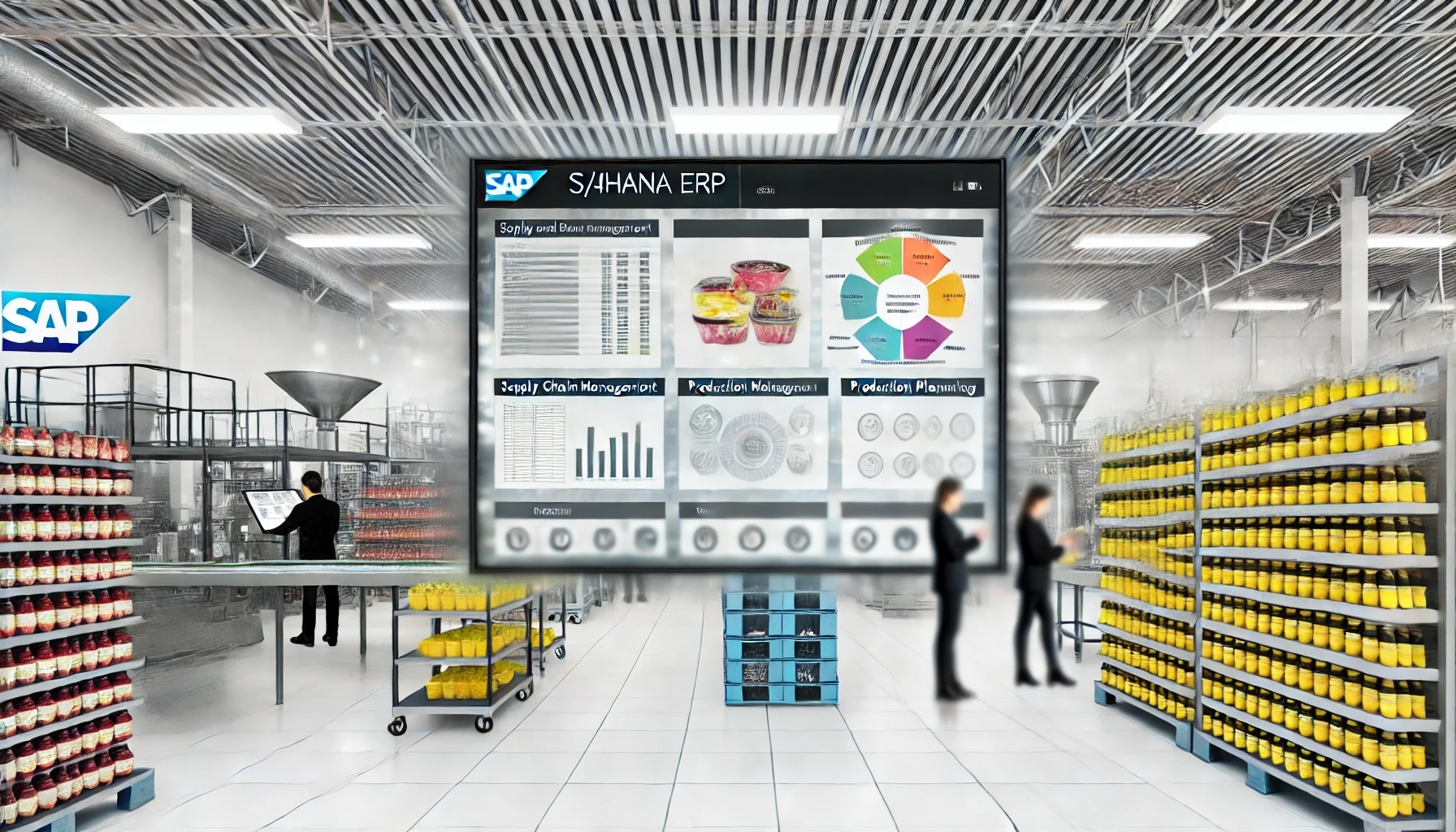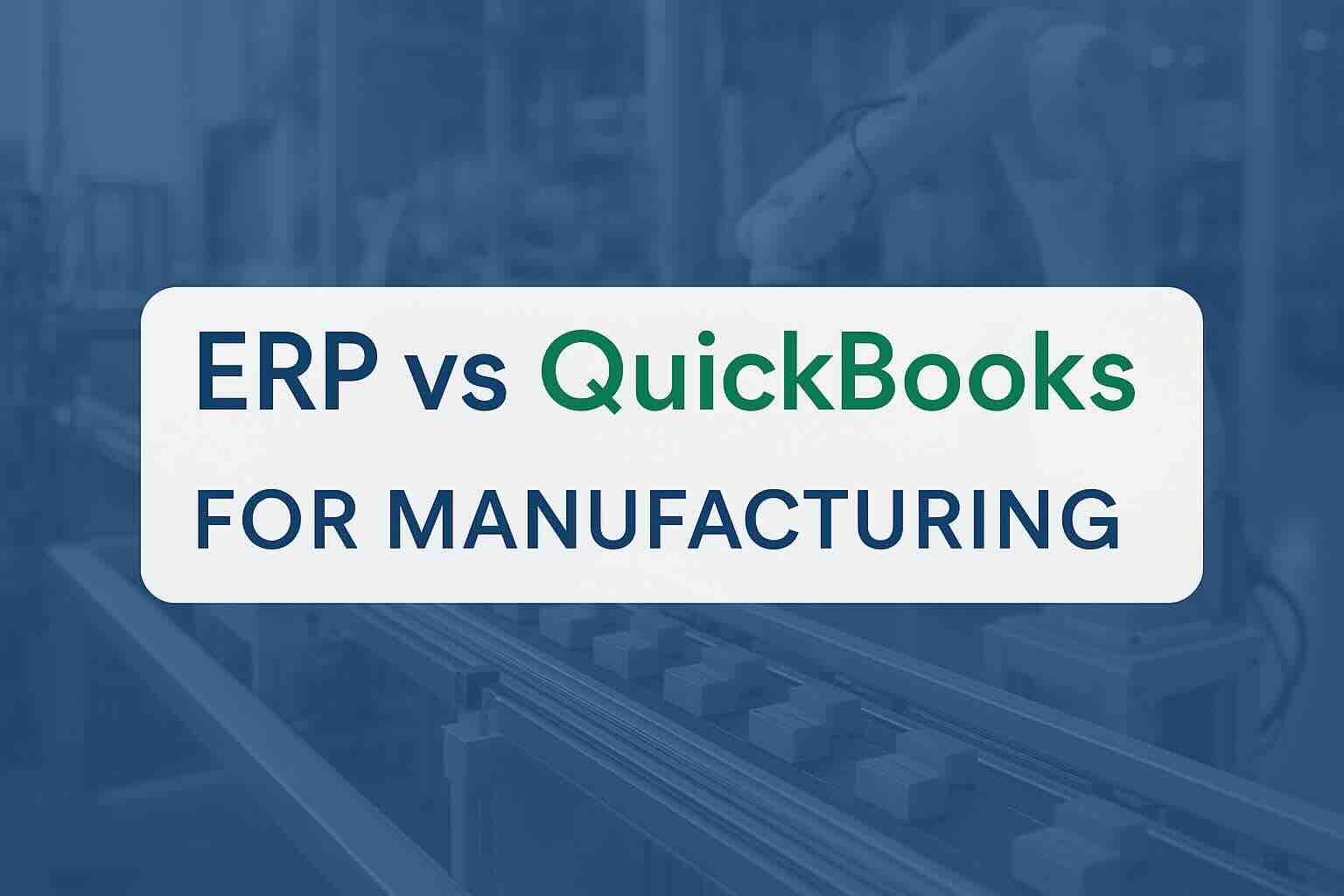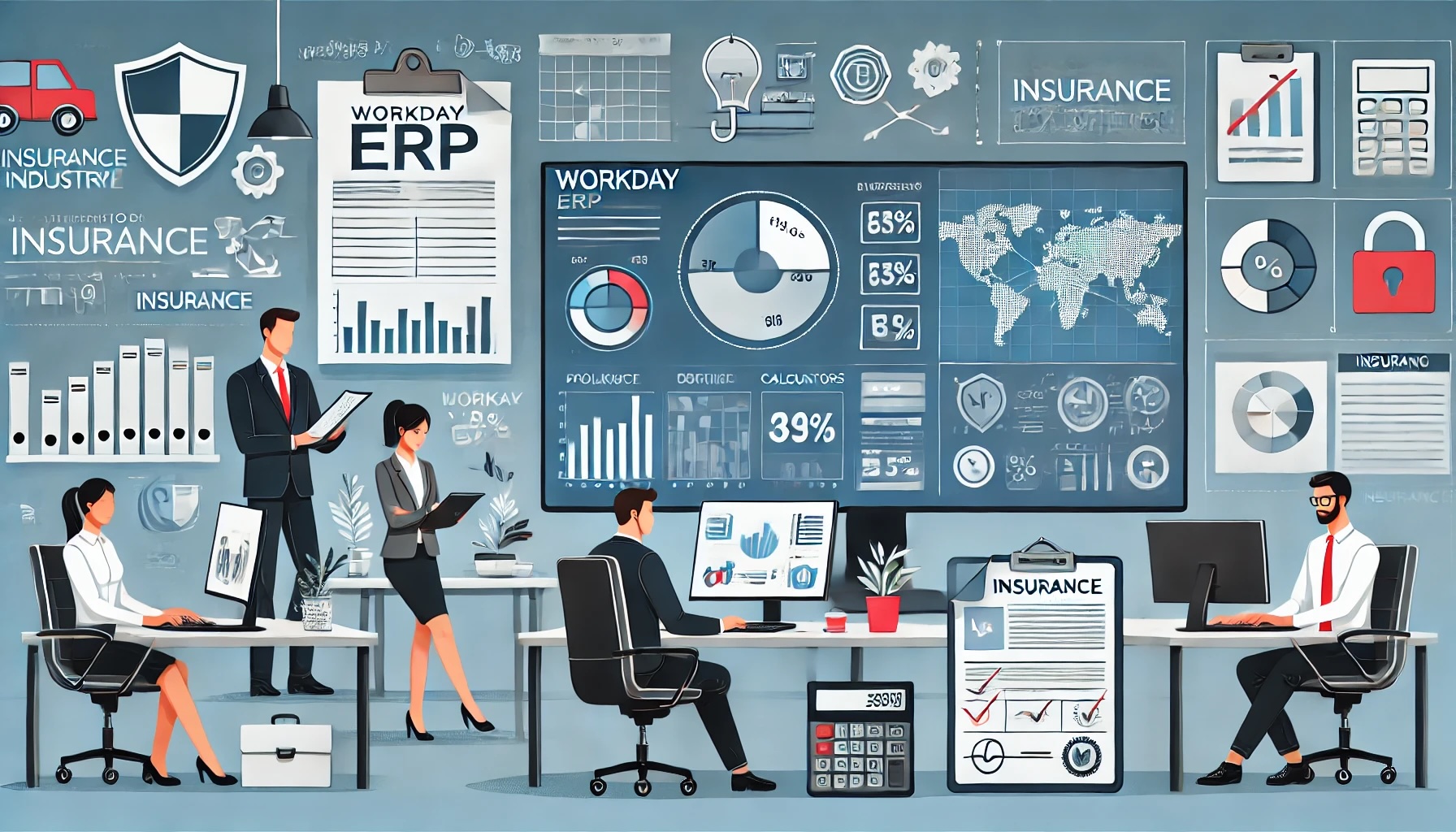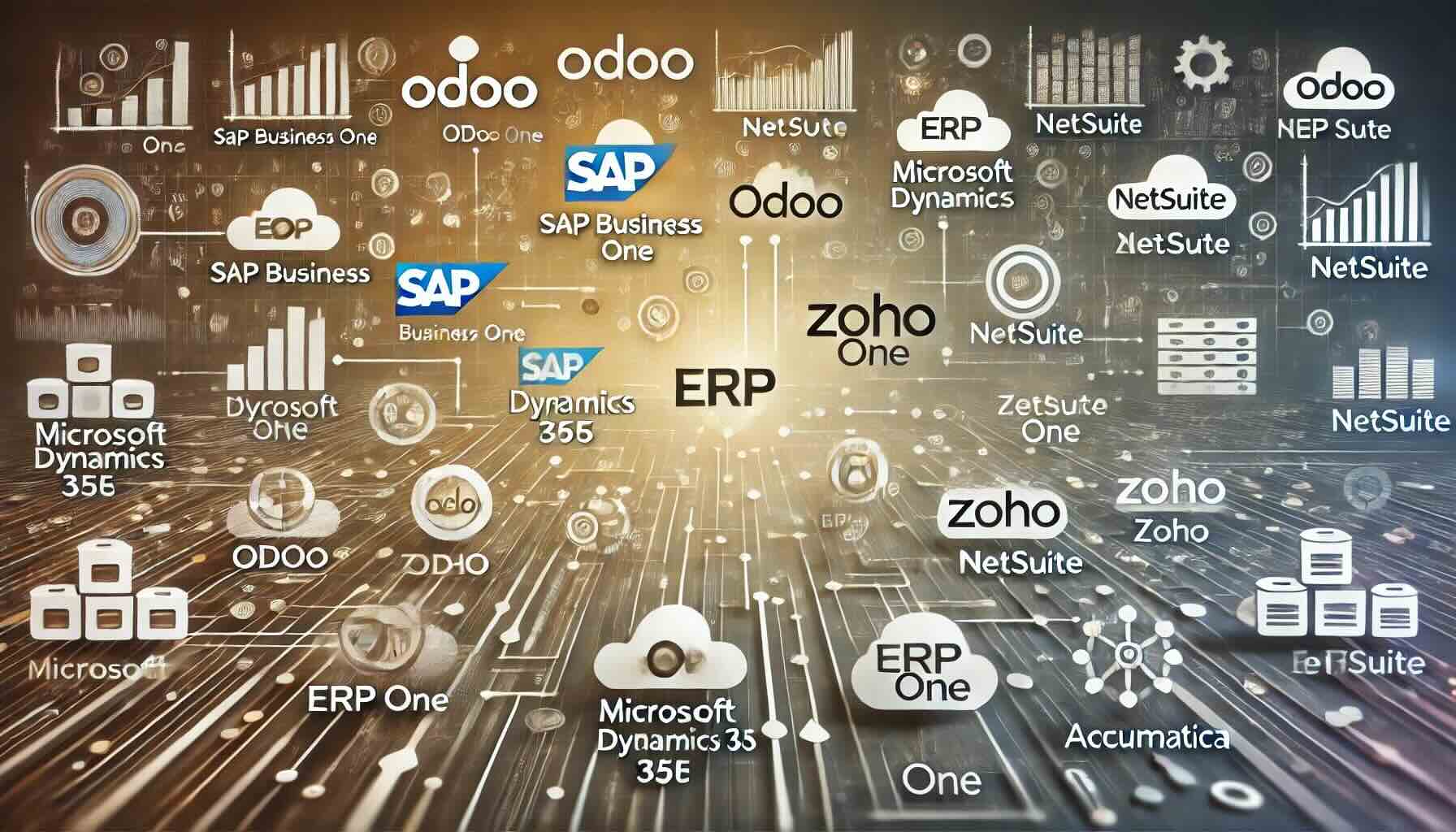Is Sage ERP the Right Choice for Distribution Businesses?

In the fast-paced world of distribution, companies face unique challenges, from managing inventory across multiple locations to meeting complex supply chain demands. To stay competitive, many businesses turn to Enterprise Resource Planning (ERP) systems to streamline their operations. One standout choice in the market is Sage ERP, a solution specifically designed to meet the needs of distribution businesses. But is it the right fit for your organization? Let’s explore.
Why Distribution Businesses Need ERP Software
Distribution businesses operate in a demanding environment that requires precision and efficiency. Here are some key challenges ERP software helps solve:
- Inventory Management: Maintaining optimal stock levels is crucial. Overstocks tie up capital, while stockouts can lead to lost sales.
- Complex Supply Chains: Distributors often work with multiple suppliers and customers across regions.
- Order Fulfillment: Meeting delivery deadlines and ensuring order accuracy are essential for customer satisfaction.
- Data Visibility: Accurate, real-time insights are vital for informed decision-making.
ERP software centralizes these operations, offering greater efficiency and scalability. But does Sage ERP rise to the occasion for distribution businesses?
Features of Sage ERP for Distribution Businesses
Sage ERP solutions, such as Sage X3 and Sage 300cloud, are tailored to address the specific needs of distributors. Here are the key features that make Sage ERP stand out:
1. Advanced Inventory Management
Sage ERP offers robust inventory tracking tools that allow distributors to monitor stock levels in real time. Features like automated stock replenishment, multi-location management, and barcode scanning ensure accuracy and efficiency.
2. Streamlined Supply Chain Management
The software enables businesses to manage their supply chain seamlessly, from procurement to delivery. Tools for vendor management, demand forecasting, and logistics coordination reduce bottlenecks and improve responsiveness.
3. Order and Sales Management
Sage ERP simplifies the sales cycle with features like automated order processing, customer relationship management (CRM) integration, and multi-channel support. This ensures timely, accurate order fulfillment.
4. Financial Control
Distribution businesses benefit from Sage ERP’s financial management capabilities. It provides detailed financial reporting, budgeting tools, and compliance support, ensuring a clear view of profitability.
5. Scalability and Customization
Sage ERP solutions are highly scalable, making them ideal for growing distribution businesses. They also offer customization options, allowing companies to tailor workflows and modules to their unique needs.
Benefits of Choosing Sage ERP for Distribution
1. Enhanced Operational Efficiency
By automating routine tasks and centralizing data, Sage ERP helps distributors save time and reduce errors. This improved efficiency translates into cost savings and better resource utilization.
2. Real-Time Visibility
Sage ERP provides dashboards and reporting tools that offer insights into every aspect of the business. Decision-makers can access real-time data on inventory levels, sales trends, and financial performance.
3. Better Customer Experience
Accurate order processing, faster deliveries, and responsive customer service are achievable with Sage ERP. Satisfied customers mean repeat business and positive word-of-mouth.
4. Flexibility for Growth
As your business expands, Sage ERP can scale with you. It supports multiple locations, currencies, and languages, making it suitable for businesses with global operations.
5. Cloud-Based Options
Sage offers cloud-based ERP solutions, which are especially beneficial for distribution businesses looking to reduce IT infrastructure costs and improve accessibility. Teams can access the system from anywhere, enabling remote collaboration.
Potential Drawbacks to Consider
While Sage ERP is a strong contender for distribution businesses, it’s important to weigh potential downsides:
- Upfront Investment: ERP systems require significant investment in terms of money and time. However, the ROI often justifies the cost in the long run.
- Learning Curve: Employees may need training to fully leverage the software’s features. Sage provides training resources to ease this process.
- Customization Costs: While customization is a strength, tailoring the software can sometimes lead to additional costs and implementation delays.
How to Determine if Sage ERP Is Right for Your Business
1. Assess Your Needs
Evaluate the specific challenges your distribution business faces. If inventory management, supply chain coordination, and order accuracy are pain points, Sage ERP could be a strong fit.
2. Define Your Budget
Consider the total cost of ownership, including software, hardware (if applicable), and training. Compare this with the potential efficiency gains and long-term savings.
3. Test the System
Many Sage ERP providers offer demos or trial periods. Take advantage of these to see how the software aligns with your business processes.
4. Consult Experts
Work with an ERP consultant or Sage partner to evaluate the system’s suitability for your operations. They can provide insights into the best configurations for your needs.
Sage ERP Success Stories in Distribution
Numerous distribution companies have achieved remarkable results with Sage ERP. For example, a mid-sized distributor of industrial equipment implemented Sage X3 to address inventory challenges. The result? A 25% reduction in inventory holding costs and a 15% improvement in order accuracy within the first year.
Similarly, a food and beverage distributor leveraged Sage 300cloud to streamline its supply chain, leading to faster order processing and enhanced customer satisfaction.
Conclusion: A Solid Choice for Distributors
Sage ERP offers a comprehensive solution for distribution businesses looking to enhance efficiency, improve customer satisfaction, and scale operations. With its advanced features, scalability, and cloud-based options, Sage ERP is well-suited to meet the complex demands of the distribution industry.
However, like any major investment, the decision should be based on a thorough evaluation of your specific needs and resources. With careful planning and implementation, Sage ERP can become a powerful tool to drive success in your distribution business.
To find out more about Sage you can visit this link.
To compare Sage with 100s of other ERP solutions, you can use our new AI-powered Compare ERP tool. It’s free to use and provides tailored recommendations, making it easy to find the best ERP for your business in minutes.









